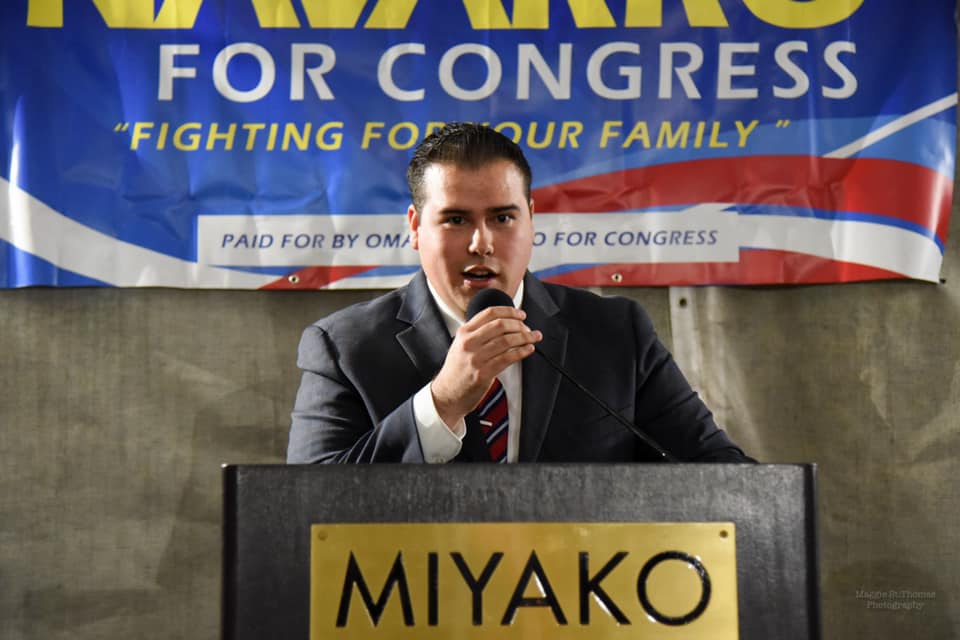As California’s statewide shelter-in-place order has taken effect, shuttering a wide-range of non-essential businesses and sending their employees home to quarantine during the coronavirus outbreak, employers are being faced with a difficult decision.
To layoff or not layoff employees during the quarantine?
While laying off employees had some upside – namely enabling workers to access emergency unemployment benefits – the Federal government may have given employers a reason to avoid a temporary furlough.
And there may be more to come.
Under the Families First Coronavirus Response Act, a bill approved by Congress last week and signed by President Donald Trump on Wednesday, gives employers the ability to offer two weeks of paid sick leave or family leave to employees at their full salary rate due to California’s quarantine order.
Under the new law, employers can receive a 100 percent refundable payroll tax credit for the employee’s pay rate up to $511 per day.
Similarly, if an employee takes family leave to care for an out-of-school child, they can receive two-thirds their salary rate for two weeks. In some instances, the Internal Revenue Service said, the law may provide for an additional ten weeks of extended paid family leave at the two-thirds salary rate.
For child care leave, employers will receive a payroll tax credit at two-thirds the employee’s salary rate, capped at $200 each day. No more than 10 weeks of qualifying leave may count toward this tax credit.
How does the coronavirus payroll tax credit work?
Instead of including payroll tax payments to the IRS, employers who grant sick and child care leave to their employees will be able to retain the amount of payroll taxes equal to the amount of sick and child care leave paid to employees.
If sick and child care leave exceed the payroll tax amount, employers will be able to file a request for expedited payment from the IRS, which the agency expects to process in two weeks or less.
The House of Representative returns to session on Tuesday. Currently, two dueling economic stimulus packages – one negotiated between the Senate Republicans, Democrats, and the Trump administration and another developed by House Democrats – are being crafted.
While details are still scant, Senate negotiations center on additional direct relief to middle class Americans – including the potential for a single, lump sum payment.











